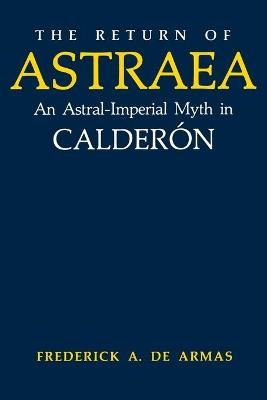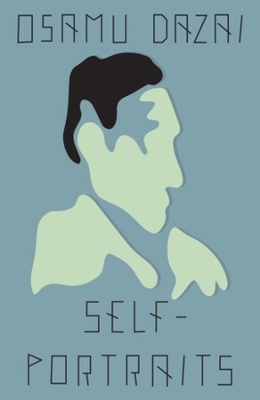
The Return of Astraea
An Astral-Imperial Myth in Calderón
Seiten
2014
The University Press of Kentucky (Verlag)
978-0-8131-5213-4 (ISBN)
The University Press of Kentucky (Verlag)
978-0-8131-5213-4 (ISBN)
In classical mythology Astraea, the goddess of justice, chastity, and truth, was the last of the immortals to leave Earth with the decline of the ages. Her return was to signal the dawn of a new Golden Age. This myth not only survived the Christian Middle Ages but also became a commonplace in the Renaissance when courtly poets praised their patrons and princes by claiming that Astraea guided them. The literary cult of Astraea persisted in the sixteenth century as writers saw in Elizabeth I of England the imperial Astraea who would lead mankind to peace through universal rule.
This and other late flowerings of the Astraea myth should not be taken as the final phases of her history. Frederick A. de Armas documents in this book what may well be the last great rebirth of Astraea, one that is probably of greater political, religious, and literary significance than others previously described by historians and literary critics. The Return of Astraea focuses on the seventeenth-century Spanish playwright Pedro Calderón de la Barca, and analyzes the deity's presence in thirteen of his plays, including his masterpiece, La Vida es Sueho.
Her popularity in this period is partially attributed to political motives, reflecting the aspirations and fears of the Spanish monarch Philip IV. In this broad study, grounded on such diverse fields as astrology, iconography, history, mythology, and philosophy, de Armas explains that Astraea adopts many guises in Calderón's dramas. Ranging from the Kabbalah to Platonic thought and from satires on Olivares to cosmogonic myths, he analyzes and reinterprets Calderón's theater from a wide range of perspectives centered on the playwright's utilization of the myth of Astraea. The book thus represents a new view of Calderón's dramaturgy and also documents the popularity and significance of this astral-imperial myth during the Spanish Golden Age.
This and other late flowerings of the Astraea myth should not be taken as the final phases of her history. Frederick A. de Armas documents in this book what may well be the last great rebirth of Astraea, one that is probably of greater political, religious, and literary significance than others previously described by historians and literary critics. The Return of Astraea focuses on the seventeenth-century Spanish playwright Pedro Calderón de la Barca, and analyzes the deity's presence in thirteen of his plays, including his masterpiece, La Vida es Sueho.
Her popularity in this period is partially attributed to political motives, reflecting the aspirations and fears of the Spanish monarch Philip IV. In this broad study, grounded on such diverse fields as astrology, iconography, history, mythology, and philosophy, de Armas explains that Astraea adopts many guises in Calderón's dramas. Ranging from the Kabbalah to Platonic thought and from satires on Olivares to cosmogonic myths, he analyzes and reinterprets Calderón's theater from a wide range of perspectives centered on the playwright's utilization of the myth of Astraea. The book thus represents a new view of Calderón's dramaturgy and also documents the popularity and significance of this astral-imperial myth during the Spanish Golden Age.
Frederick A. de Armas, professor of Spanish at Louisiana State University, is the author of The Invisible Mistress: Aspects of Feminism and Fantasy in the Golden Age.
| Erscheint lt. Verlag | 15.7.2014 |
|---|---|
| Reihe/Serie | Studies in Romance Languages |
| Zusatzinfo | Illus |
| Verlagsort | Lexington |
| Sprache | englisch |
| Maße | 152 x 229 mm |
| Themenwelt | Geisteswissenschaften ► Sprach- / Literaturwissenschaft ► Anglistik / Amerikanistik |
| Geisteswissenschaften ► Sprach- / Literaturwissenschaft ► Literaturwissenschaft | |
| ISBN-10 | 0-8131-5213-5 / 0813152135 |
| ISBN-13 | 978-0-8131-5213-4 / 9780813152134 |
| Zustand | Neuware |
| Informationen gemäß Produktsicherheitsverordnung (GPSR) | |
| Haben Sie eine Frage zum Produkt? |
Mehr entdecken
aus dem Bereich
aus dem Bereich
Buch | Softcover (2024)
belleville (Verlag)
20,00 €
Poetik eines sozialen Urteils
Buch | Hardcover (2023)
De Gruyter (Verlag)
59,95 €
Stories
Buch | Softcover (2024)
New Directions Publishing Corporation (Verlag)
14,95 €


